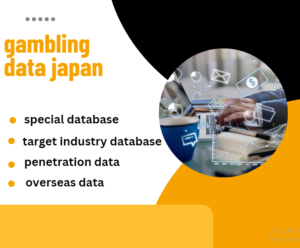However, if you see that there are problems with indexing or crawling that do not allow you to clearly optimize pages and create new content, then first, of course, you will ne to deal with technical problems. Otherwise, always start with low-cost (and high-impact) initiatives. For example, if a site is not getting any traffic at all or is in a noindex state, you will probably benefit more from keyword research, optimizing titles and metadata, and creating new content than from endlessly working on fixing tons of technical errors.
You can do interlinking or optimize loading spe endlessly
Is it necessary? The table below is a good starting point to help you figure out what to focus on first. fast SEO Focus on this first High impact/low effort gambling data japan Keyword research Optimization of new content Broken Backlinks Audit Internal linking Optimization of title, H1, meta tags Creating copies of categories Merchandising audit PAA Audit Local SEO Audit and Google My Business Optimization Low Impact/Low Effort XML.
Sitemap Audit Image Optimization
NLP Audit Checking the functionality of the site search Optimizing Anchor Texts for Internal Links Fixing r irect chains Checking schema High Impact/High Effort EAT Improvements Expanding the categories page Off-site competitor analysis marketing elements in business Creating new content from scratch Keyword matching Optimization of website architecture Snippet audit And on this one – for the last time Low Impact/High Effort Technical audit of video files Checking indexing and crawling processes.
Run SEO campaigns faster Another place where many
SEO specialists stumble is in the implementation of their plans. Any strategy will be effective if and only if the entire team is involv in its bulk lead application. It also wouldn’t hurt to have some free hands in the form of HR specialists – full-time or not. And tools will come in handy, of course. For example, the same Agile SEO.

